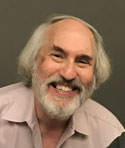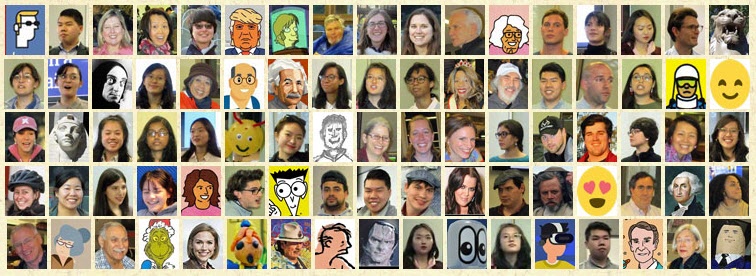

Perspectives is the newsletter of the
Stanford course,
Course News
First (virtual) class session of the 16th season - Tuesday, January 4th at 4:00pm PST
Abstract: This presentation will begin with an overview of the course including its objectives, credentials, structure, candidate projects, guest lectures, grading, and expected student experience. A brief introduction to Assistive Technology follows, touching on definitions, demographics, rehabilitation goals, perceptions, challenges, social correctness, and numerous examples of commercial products, research efforts, and past student projects. Biosketch: David L. Jaffe holds a BS degree in Electrical Engineering from the University of Michigan and a MS degree in Biomedical Engineering from Northwestern University. Prior to coming to Stanford, Dave was a Research Biomedical Engineer at the VA Palo Alto Health Care System's Rehabilitation Research and Development Center. At the VA his interests were designing, developing, testing, and bringing to market microcomputer-based devices for veterans with disabilities including communication, mobility, and information systems. He has worked on several VA assistive technology research projects including an powered wheelchair interface for individuals with quadriplegia, an electro-mechanical fingerspelling hand that served as a communication device for people who are deaf/blind, a system that explored virtual reality techniques to train individuals with gait deficits to improve their walking, and a project that employed a computer-based simulation system to assess and improve the driving ability of individuals after brain injury. In addition to organizing this course, ENGR110/210: Perspectives in Assistive Technology, he contributes to other Stanford courses including defining the quarterly course projects in ME218: Smart Product Design and ME310: Engineering Design Entrepreneurship and Innovation as well as mentoring students working on assistive technology projects throughout the year.
Please contact me with your ideas, questions, comments, and project suggestions - or just to say hello. Please continue to stay safe & healthy. Dave Jaffe - Course Instructor
|
|||||||||||||||||||





